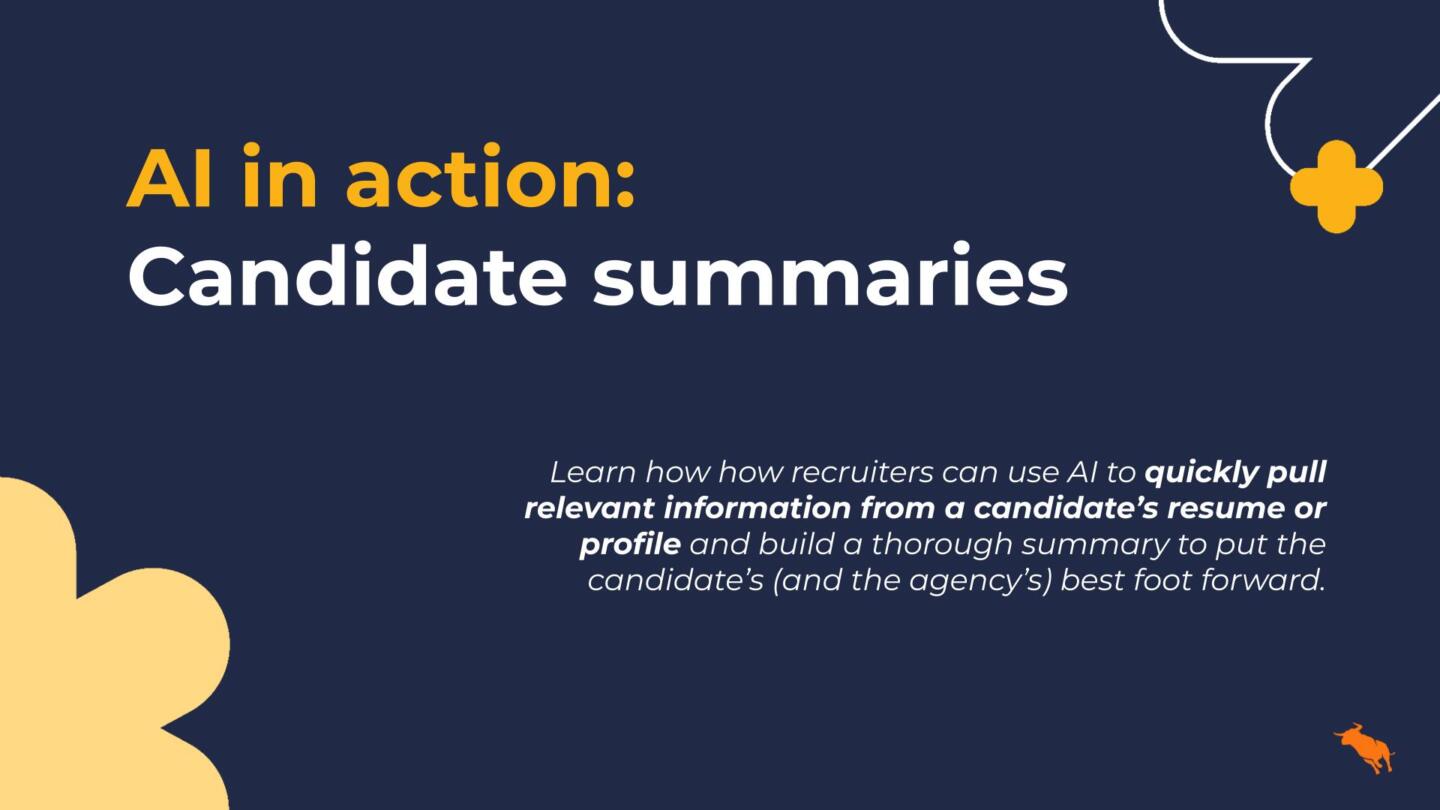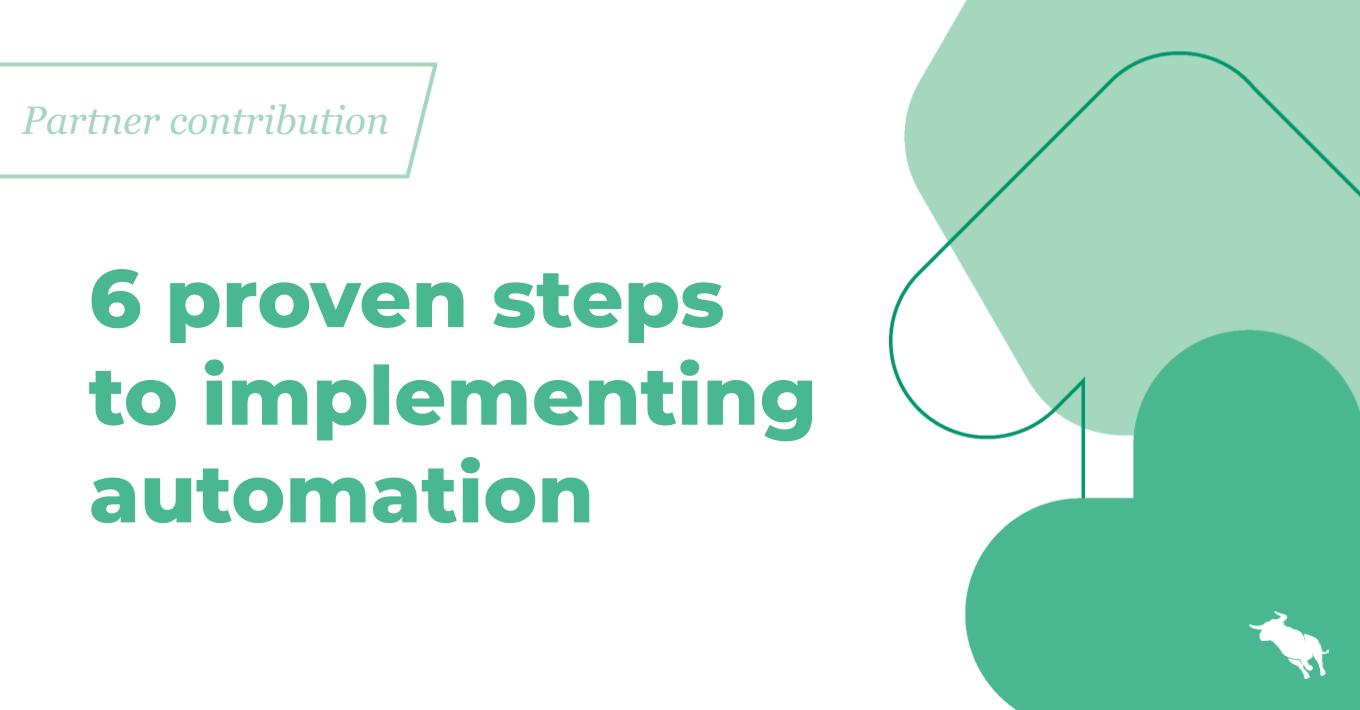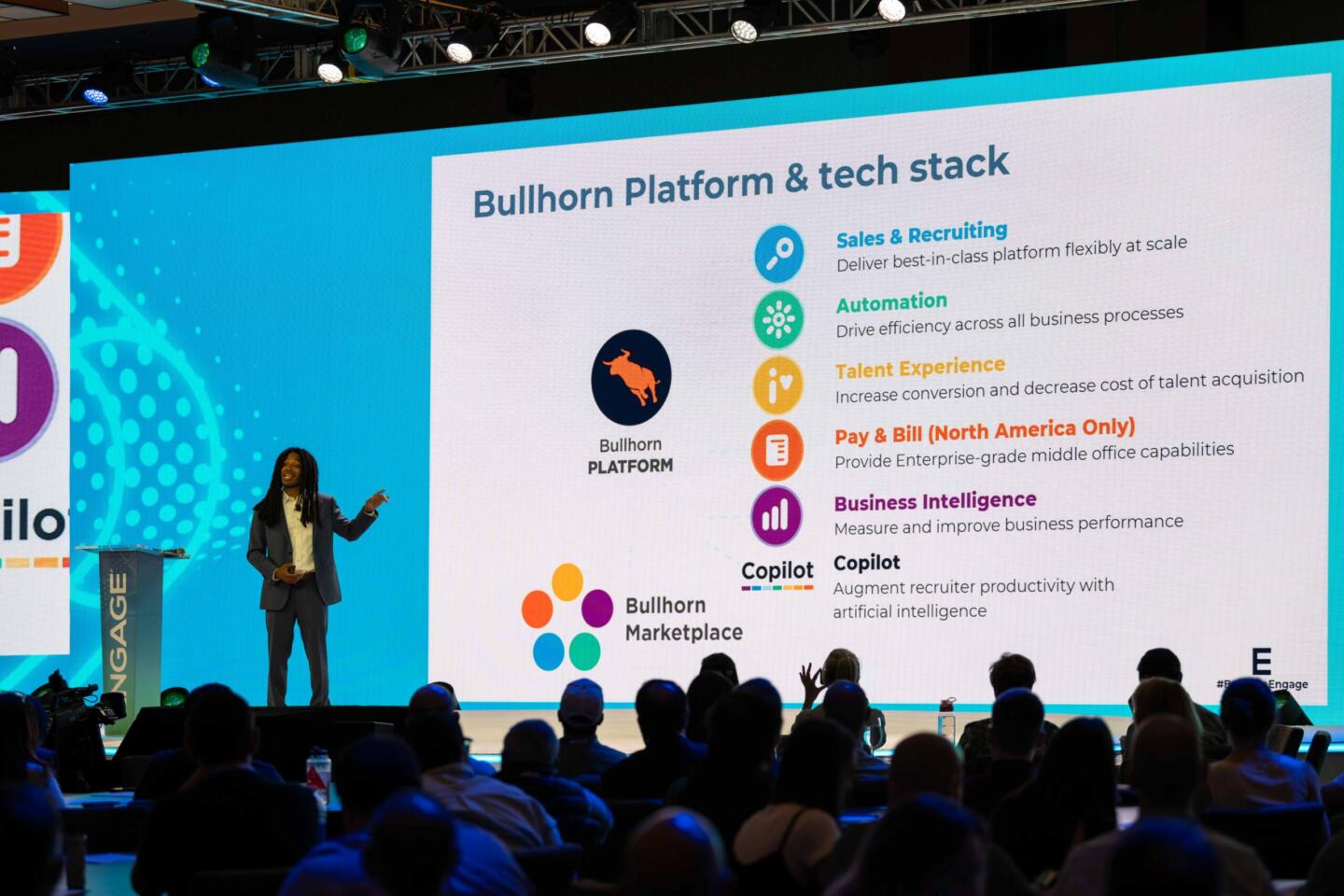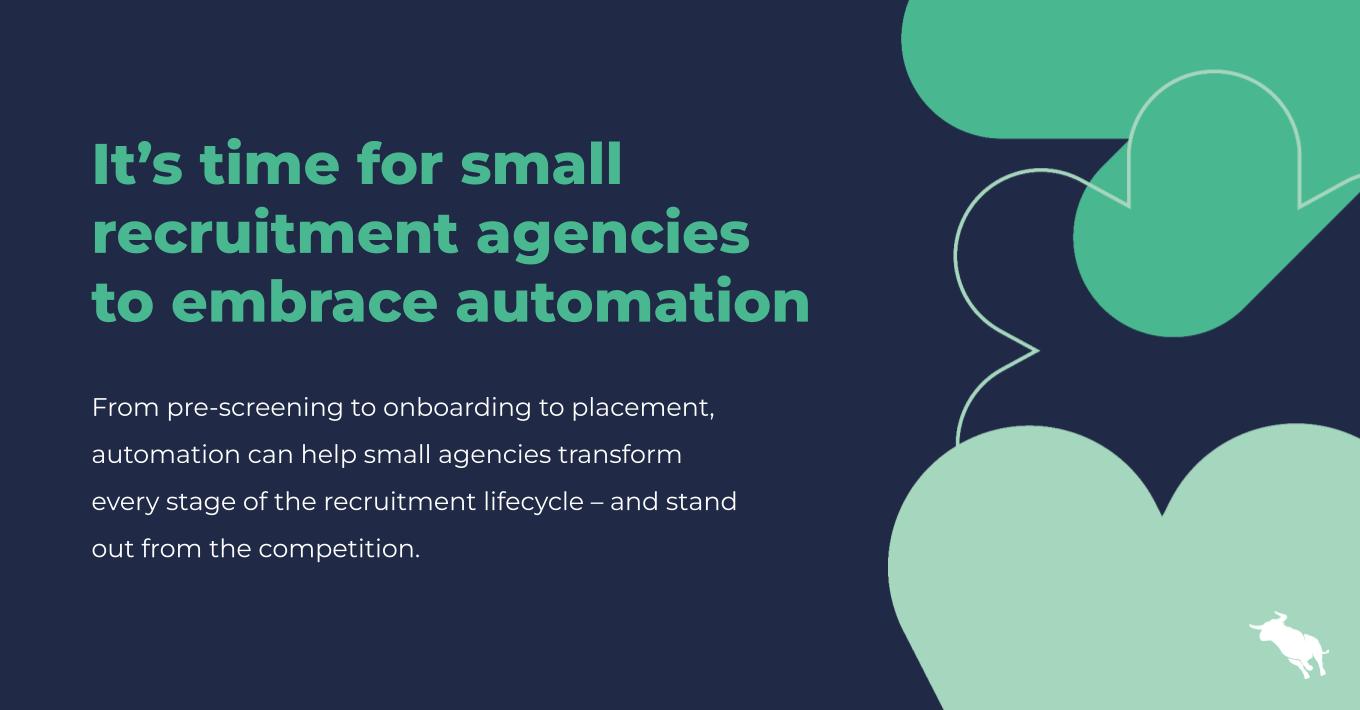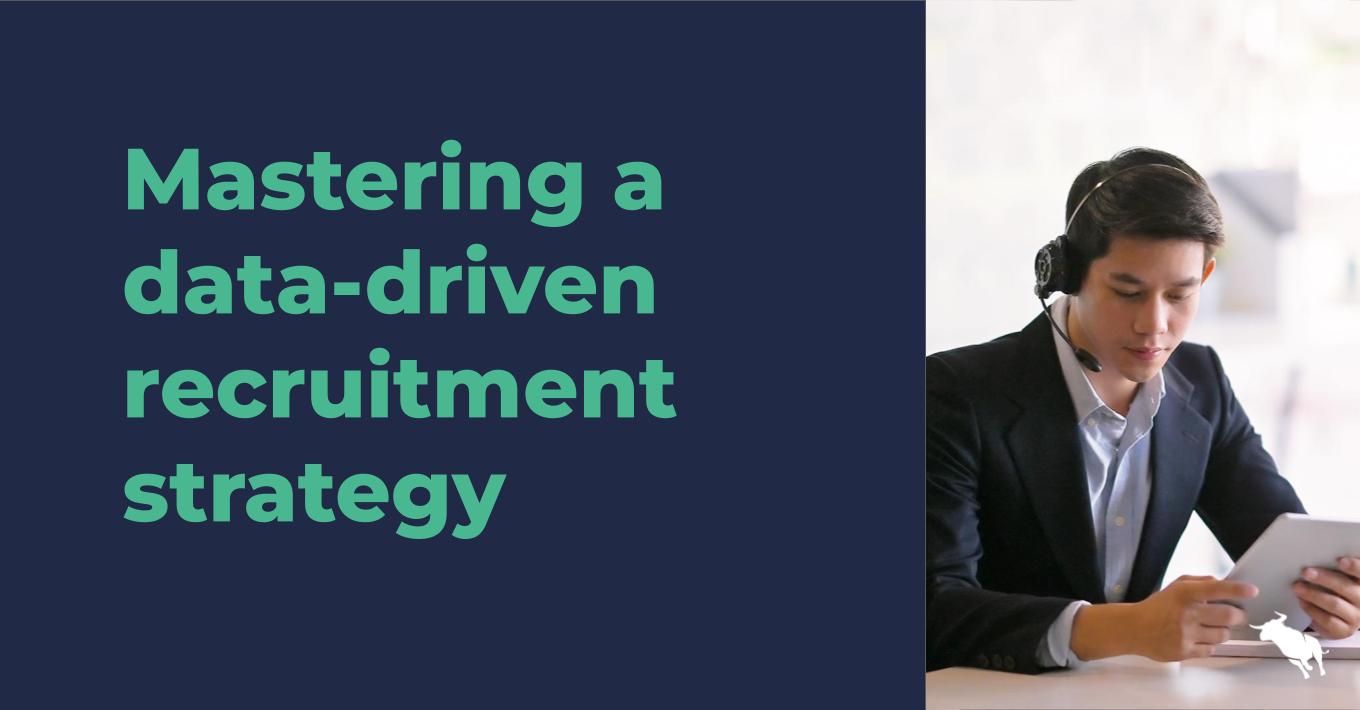Tackling the Disconnect: A Q&A on Facebook Recruiting
Facebook is the largest social network on the planet. For recruiters, that translates to the largest talent pool in the world. If A=B, and B=C, then there is ample opportunity for recruiters to be successful using Facebook. Despite the handful of Facebook apps created for candidate hunting, only 22% of recruiters used Facebook for recruiting in 2012.
Technically, sourcing, posting jobs, and vetting candidates through Facebook should work for recruiters. There is no better way to find talent other than your own network; online, direct messaging is becoming the preferred form of communicating, especially now that we have the ability to respond to questions in real time.
Yet somewhere there’s a disconnect.
According to Bullhorn’s most recent social recruiting activity report, Facebook isn’t a highly-utilized social recruiting tool, and not because it doesn’t work, but because it isn’t popular among U.S. recruiters.
In a series of interviews I had with agency recruiters to tackle this disconnect, many thought of Facebook and LinkedIn as separate platforms – Facebook is a social network and LinkedIn is a professional network.
Will there ever come a time when Facebook is the preferred application for the staffing industry? Or is this perceived notion of Facebook as a platform for personal engagement too giant of a hurdle for us to jump over?
Here is a snippet of some of my conversations.
Q: Do you use Facebook for recruiting?
No. Your career is the single most valuable thing you acquire in your entire life, and can provoke a lot of anxiety. Facebook, with the level of public exposure it allows for, hasn’t got that distinctive, socially acceptable structure to support this type of interaction.
I think the type of recruiter plays a huge part in qualifying Facebook as an effective sourcing tool. Industry and job level make a difference. Technology recruiters use and find social media more successful than others do. HR recruiters or those working on VP level roles typically have a more conservative cadence in their approach.
If you’re on LinkedIn, it’s because you are open to a certain type of conversation – a business and network-building conversation. You’re on Facebook for a different reason, for personal and social interaction.
Q: Why hasn’t Facebook for recruiting caught on yet? What, do you think, is holding it back?
Facebook being the largest social network in the world doesn’t hold any weight if candidates do not want to be approached by or engage with recruiters there. It’s like the candidates live there, but they don’t go to school there. Where they hang out, talk to friends and share cool videos is not where they want to be poached for jobs. IF a conversation is jump-started on Facebook between a potential candidate and a recruiter I know, the conversation is transferred to LinkedIn – the preferred business network. Some folks choose not to connect with candidates or clients on Facebook – they use LinkedIn for that. Others don’t even post their jobs on Facebook. The extent to which they will incorporate their professional life into their Facebook life is to promote company brand awareness.
A lot of recruiters consider sourcing activity on Facebook susceptible to potential lawsuits stemming from the overarching concern of privacy invasion, so they steer clear. Others are afraid of what they may find about “stellar candidates.”
And, according to Bullhorn statistics, U.S. recruiters’ Facebook network size is 41% smaller than the average U.S. user. While size may be one thing, a recruiter’s network on Facebook may not consist of the type of connections who are looking to change jobs or even enter the workforce.
Q: Do you think Facebook will ever be effective for recruiting?
Based on the folks I asked this question to, the consensus is split 50/50. If it does happen, Facebook will give LinkedIn a run for their money. Can you imagine? LinkedIn, competing with Facebook as the #1 recruiting tool? Now there’s a disruptive idea. Recruiters I know say they use Facebook as a subsequent tool to LinkedIn, not a substitute, to qualify or evaluate candidates, not for sourcing. One asks “why don’t they just team up instead of competing with each other?”
While the future of Facebook, to the extent to which it’s built out for recruiters, is uncertain, Glen Freedman, Principal, New Talent Development Manager at WinterWyman reminds us that Facebook’s strength of being the largest social network in the world is also its biggest liability.
“Changing jobs is tremendously intimate and personal and an incredibly emotion-provoking process.” Facebook – its foundation built for public visibility – “hasn’t been the appropriate venue for those types of conversations.”
Will Facebook’s new Graph Search change the way recruiters think of Facebook? Its newest application, which helps share trusted recommendations about where to eat, who to hire and where to find the next career opportunity, is said to transform our industry. Yet, its effectiveness is contingent upon the information you provide it. The degree of professional information you choose to include on Facebook is different than that on LinkedIn because we perceive each platform differently. Facebook can’t do it all. If it tries, it will need to change recruiters’ perceptions of it being a platform that fosters personal and private, not professional, interactions.
This Bullhorn Blog post was written by Ashley Ryall.
